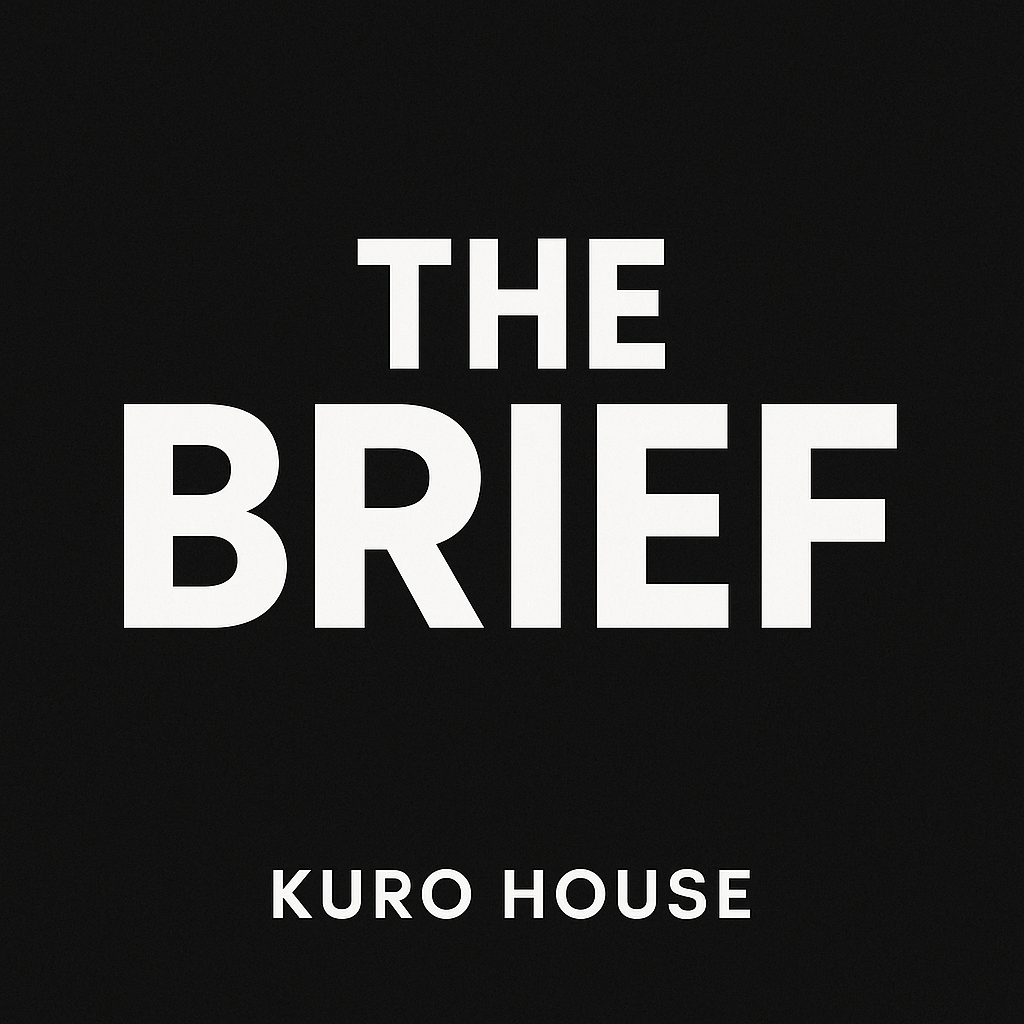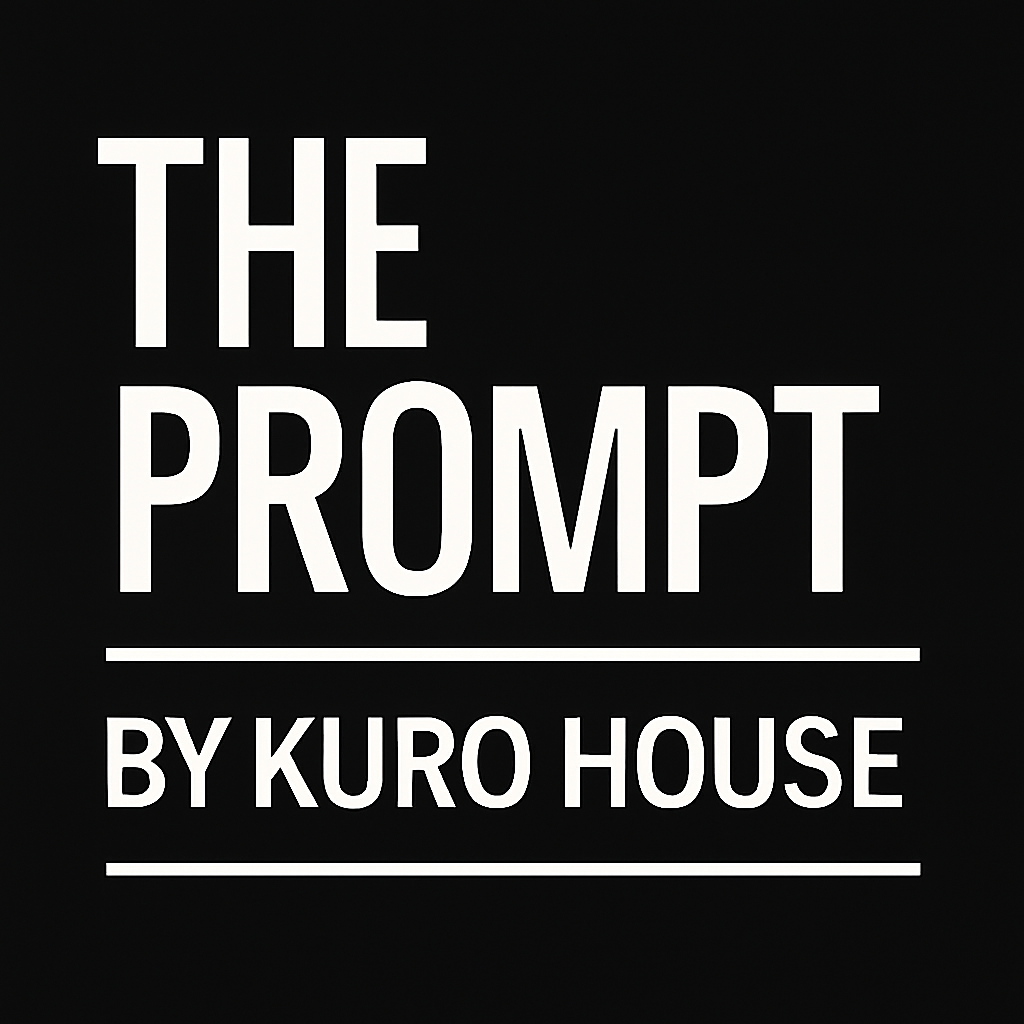Listen To The Show
Transcript
Welcome to The Brief by Kuro House, your daily dose of the most compelling stories shaping the marketing world. I’m glad you’re tuning in today, because we have a lineup that spans innovation in media, the future of venture capital, and how industry leaders are expanding the very definition of marketing influence. Let’s dive right into the details.
First up, from Adweek, we have some exciting news about how the publication itself is evolving to meet the needs of modern marketers. During this year’s Advertising Week, Adweek announced a suite of new products and enhancements. At the heart of these updates is “On Background with Mark Stenberg,” a new weekly newsletter that goes behind the headlines to bring deeper context to the stories shaping media news. But that’s not all—Adweek is also rebranding its in-house studio as Ctrl+A, which now offers advertisers a broader array of touchpoints, from video production to live events. The company’s Marketing Vanguard franchise, which recognizes industry leaders, is expanding to include Agency Vanguard, highlighting the unique perspectives of agency executives. As Jenny Rooney, Adweek’s chief brand and community officer, put it, the marketing industry is incredibly diverse, and Adweek wants to reflect that diversity by connecting with everyone from creators to brand managers. These moves signal Adweek’s commitment to being more than a news source: it’s positioning itself as a connector and facilitator for the entire marketing ecosystem.
Next, let’s talk about a powerhouse who’s redefining venture capital: Serena Williams. In an in-depth interview at the Zeta Live 2025 conference, covered by Adweek, Serena shared her investment philosophy and the mission behind Serena Ventures, the VC firm she co-founded in 2017. The firm raised $111 million in its first fund and has backed a variety of early-stage tech companies, including Bunch, Fiveable, Hued, and fintech innovator Esusu. What sets Serena Ventures apart is its focus on founders with a personal connection to the problems they’re solving—Williams believes this authenticity is a key predictor of success. She’s also laser-focused on startups that address needs for the “98%”—in other words, products and services impacting the vast majority of people, not just a niche. Esusu, for example, helps renters build credit by reporting rent payments to credit bureaus, tackling an issue that’s been ignored by traditional finance. Serena Ventures also prioritizes diversity: over half its portfolio companies are women-founded, nearly 50% have Black founders, and more than 10% are Latino-founded. Williams emphasized that changing who writes the checks is crucial for changing which founders get funded, breaking the industry’s “vicious cycle” and opening the door for more underrepresented entrepreneurs.
That’s all for today’s stories, but before we wrap up, let’s reflect on what these narratives mean for us as marketers. Whether it’s a media powerhouse like Adweek broadening its reach or a trailblazer like Serena Williams investing in overlooked founders, these moves remind us that the industry is always evolving—and that real impact comes from expanding who gets to participate and whose stories get told. Thanks for joining me on The Brief by Kuro House. Stay curious, keep learning, and I’ll see you tomorrow with more stories that matter.

